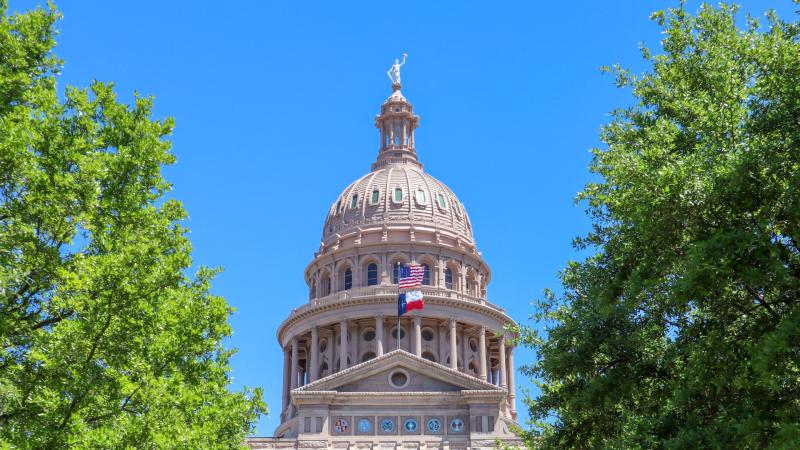Probation Revocations: Findings from Interviews with Revoked Probationers from Bell County and Matagorda Community Supervision and Corrections Departments

In 2014, the Robina Institute of Criminal Law and Criminal Justice began a study to explore factors that lead to probation violations and revocations. This study included probation jurisdictions from Texas, Minnesota, Massachusetts, and New York. To explore this issue, mixed methods research was used. Existing quantitative data was used to determine the demographic composition of those on probation and those revoked. Qualitative interviews were conducted with probation officers, judges, prosecutors, and public defenders to understand their views on five central areas. The areas included: 1) probation conditions, 2) length of probation, 3) probation fines and fees, 4) sanction/administrative actions, and 5) revocations. In addition to interviews with criminal justice stakeholders, interviews and focus groups were also conducted with probationers who had experienced a violation while on probation. The interviews for two sites in Texas, Bell/Lampasas Counties and Wharton/Matagorda Counties, expanded to include inmates who were on probation but had their probation revoked for a new crime and/or a probation violation. In the summer of 2016, researchers conducted interviews in five correctional facilities located in Texas. Twenty-one former probationers (12 males, 9 females) from Bell and Wharton/Matagorda Counties were interviewed. The purpose of the inmate interviews with probation violators was to understand from their perspectives their experiences on probation, why they violated probation, and what they thought probation officers and departments could do to better assist probationers and prevent revocations. This report highlights findings from these interviews.